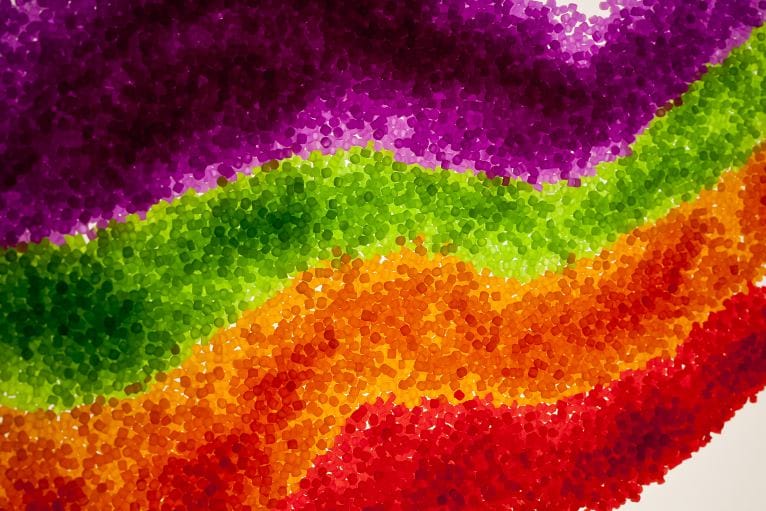Technopolymer profiles that can be manufactured with techno-polymers have excellent physical-mechanical properties, and often can be utilized to substitute metals.
These materials are known as engineering polymers, as they allow to engineer highly performing techno-polymer profiles also applied in contact with high temperatures, with high mechanical resistance, and chemical resistance coupled with dimensional stability.
The techno-polymer range is very extensive and often up-dated with new products that the chemical industry commercializes to satisfy market demands that necessitate light and insulating products like plastic but resistant like metals.
Because of the versatile range of raw materials having different characteristics, it is essential that for every type of techno-polymer profile, a thorough analysis is necessary to identify the plastic material most suitable for each customer specific application.
Follows a partial list of techno-polymers that can be utilized to obtain techno-polymer profiles with exceptional properties:
- PBT Polybutylene Terephthalate = excellent wear and tear, chemical, ageing and heat resistance (150°C); and weathering.
- CAP Cellulose Acetate Propionate
- PC-ABS a formulation containing polycarbonate and acrylonitrile butadiene styrene
- EVA Co-polymer Ethylene Vinyl Acetate = excellent flexibility and elasticity, abrasion resistance, anti-fungus and anti-bacterial properties
- PET Polyethylene terephthalate: material with considerable transparency properties, resistant to chemicals
- PETGmodified Polyethylene Terephthalate Glycol
- SAN co-polymer Styrene Acrylonitrile
- PUR polyurethane: significant mechanical properties, resistant to humidity
- POM Polyoxymethylene: rigid and resilient, excellent mechanical resistance, and sliding property, low wear and tear, and low water absorption.
- Techno-polymer compounds formulated to customer specification having a wide range of glossy, matte, transparent and frosted colors, and with metallic effects.
Other thermoplastic materials for additional applications:
- WPC Wood Plastic Composites
- FFC Foam Fiber Composite
- Rigid and flexible foam resins
- Biodegradable plastics – Bio-plastics
- Recyclable plastic materials and/or regenerated plastics
Submit your request for an extruded plastic profile
Fill out the form to request a quote or personalized consultation.
Discover how we can help bring your ideas to life.


